The history of Massachusetts’ Blue Laws is a fascinating journey through the intersection of religion, morality, and governance in colonial America.
Enacted in the early days of the Massachusetts Bay Colony, these laws aimed to regulate behavior, uphold religious observance, and maintain social order.
Rooted in Puritanical values and religious conservatism, Massachusetts’ Blue Laws governed various aspects of daily life, from Sabbath observance to restrictions on alcohol sales and leisure activities.
Understanding the history of these Blue Laws offers valuable insights into the cultural, religious, and legal dynamics of colonial Massachusetts and sheds light on the enduring influence of Puritanism in shaping the state’s identity.
Massachusetts Blue Laws History
Massachusetts’ Blue Laws represent a fascinating aspect of its history, reflecting a unique blend of religious conservatism and legal regulation.
Here are some historical pieces of evidence that illuminate the history of Massachusetts’ Blue Laws:
Sabbath Observance
One of the primary components of Massachusetts’ Blue Laws was the strict observance of the Sabbath, or Sunday. Activities such as working, shopping, and public entertainment were prohibited on Sundays, with penalties imposed on violators.
These laws reflected the Puritan influence in the colony and sought to enforce religious adherence among the population.
Prohibition of Alcohol Sales
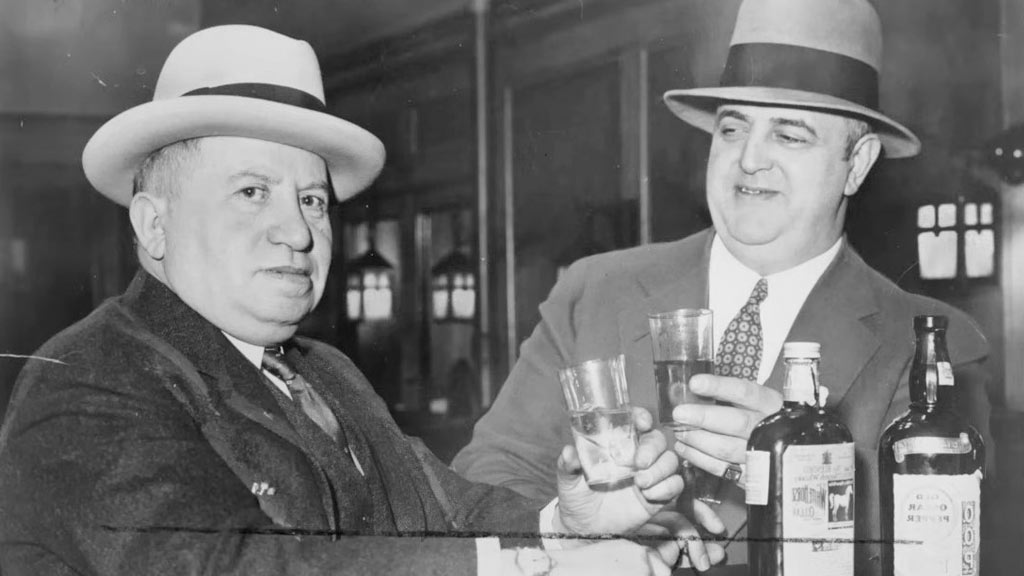
Massachusetts’ Blue Laws included restrictions on the sale and consumption of alcohol on Sundays and certain holidays.
Liquor stores, bars, and restaurants were prohibited from selling alcohol during specified hours on Sundays, with the aim of promoting temperance and moral behavior among the populace.
Restrictions on Business Operations
Business operations were heavily regulated by Massachusetts’ Blue Laws, particularly on Sundays and religious holidays.
Many businesses, including retail stores and theaters, were required to remain closed on Sundays, with limited exceptions for essential services such as pharmacies and gas stations.
These restrictions aimed to uphold the sanctity of the Sabbath and preserve traditional values in the community.
Ban on Recreational Activities
Massachusetts’ Blue Laws extended to recreational activities, with prohibitions on certain forms of entertainment and leisure pursuits on Sundays.
Activities such as hunting, fishing, and horse racing were banned on Sundays, as were public gatherings and sporting events deemed inappropriate for the Sabbath.
Enforcement by Religious Authorities
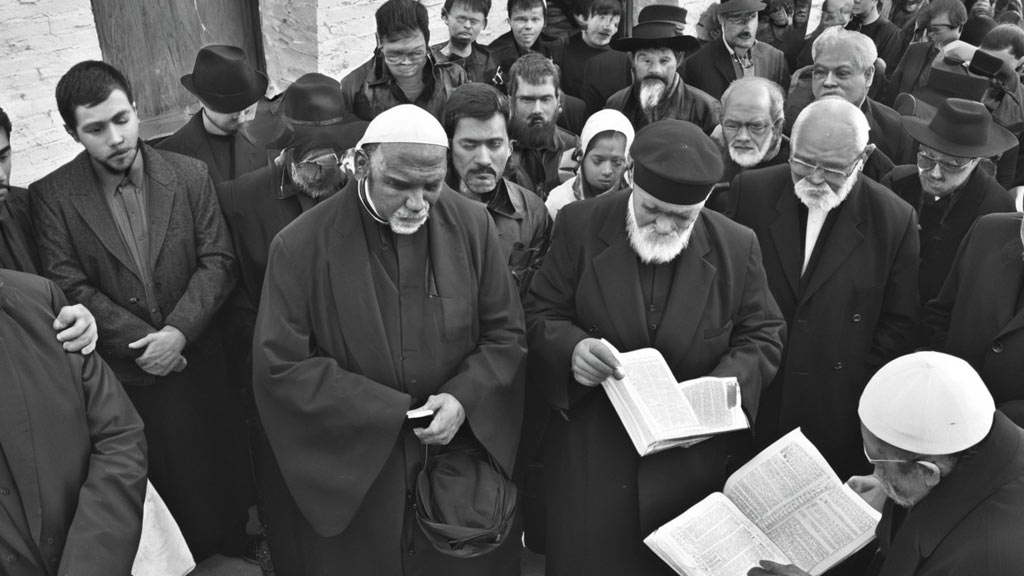
The enforcement of Massachusetts’ Blue Laws was often carried out by religious authorities, including ministers and church elders, who were empowered to monitor and report violations of Sabbath observance and other moral regulations.
This close collaboration between church and state underscored the influence of religion in colonial Massachusetts.
Evolving Interpretation and Enforcement
Over time, the interpretation and enforcement of Massachusetts’ Blue Laws evolved in response to changing societal norms and legal challenges.
While some laws were repealed or relaxed, others remained on the books, reflecting ongoing debates over the role of religion in public life and the scope of government regulation.
Legacy and Influence
The legacy of Massachusetts’ Blue Laws continues to shape the state’s cultural and legal landscape, with echoes of their influence still evident in certain regulations and traditions.
While many of the original laws have been repealed or modified, their impact on Massachusetts’ history and identity endures, serving as a reminder of the state’s Puritan heritage and its ongoing quest for balance between religious freedom and secular governance.
Curfew Laws
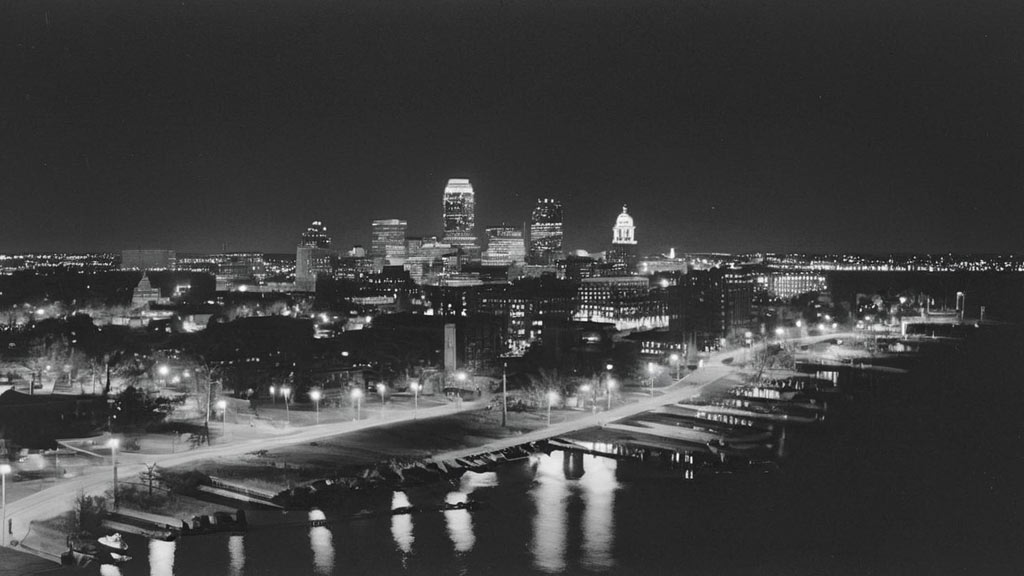
Massachusetts’ Blue Laws historically included curfew regulations aimed at regulating nighttime activities and maintaining public order.
Curfews typically required individuals, particularly minors, to be off the streets and indoors during designated hours, reducing the likelihood of disturbances or criminal behavior after dark.
Censorship of Literature and Media
Massachusetts’ Blue Laws included censorship provisions aimed at controlling the dissemination of literature, media, and other forms of expression deemed morally objectionable or harmful to public morals.
Works considered blasphemous, indecent, or seditious were subject to censorship and suppression, reflecting the state’s efforts to maintain moral standards in society.
Prohibitions on Gambling and Gaming
Massachusetts’ Blue Laws historically prohibited or heavily regulated gambling and gaming activities, including card games, lotteries, and other forms of wagering.
These laws sought to curb vice and immorality associated with gambling while upholding traditional values of thrift and industry among the populace.
Restrictions on Dress and Appearance
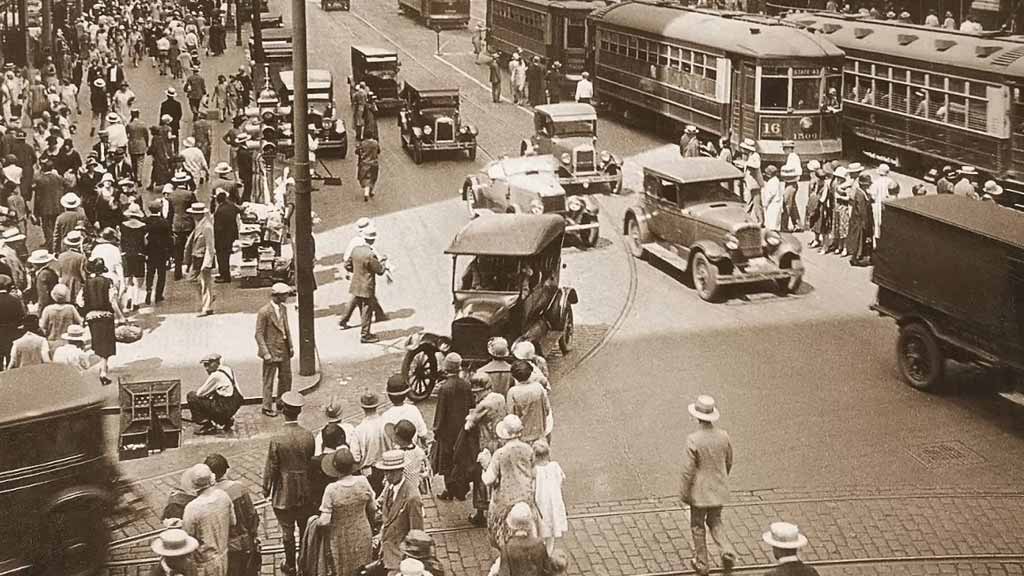
Massachusetts’ Blue Laws included regulations governing dress and appearance, particularly concerning modesty and decorum in public attire.
Certain styles of dress, hairstyles, and accessories were deemed inappropriate or immodest, with penalties imposed on individuals who violated these standards.
Marriage and Divorce Restrictions
Massachusetts’ Blue Laws once imposed strict regulations on marriage and divorce, often requiring couples to obtain approval from religious authorities or meet certain criteria before marrying or seeking a divorce.
These laws reflected societal attitudes towards marriage and family values, with the aim of preserving the sanctity of the institution.
Oversight of Religious Observance
Massachusetts’ Blue Laws extended to the oversight of religious observance and practice, with regulations governing attendance at religious services, participation in sacraments, and adherence to religious rituals.
Noncompliance with religious duties could result in penalties or censure from religious authorities, reflecting the close relationship between church and state in colonial Massachusetts.
Prohibition of Work and Commercial Activities
Massachusetts’ Blue Laws historically prohibited or restricted work and commercial activities on Sundays and certain religious holidays.
Laborers, merchants, and tradespeople were required to refrain from working or conducting business on these days, with limited exceptions for essential services and emergency situations.
These regulations aimed to honor the Sabbath and provide opportunities for rest and spiritual reflection.
Why Does Massachusetts Have Strict Alcohol Laws?
Massachusetts is known for its strict alcohol laws, which reflect a combination of historical, cultural, and regulatory factors. Here are the reasons why Massachusetts has strict alcohol laws:
Historical Temperance Movement
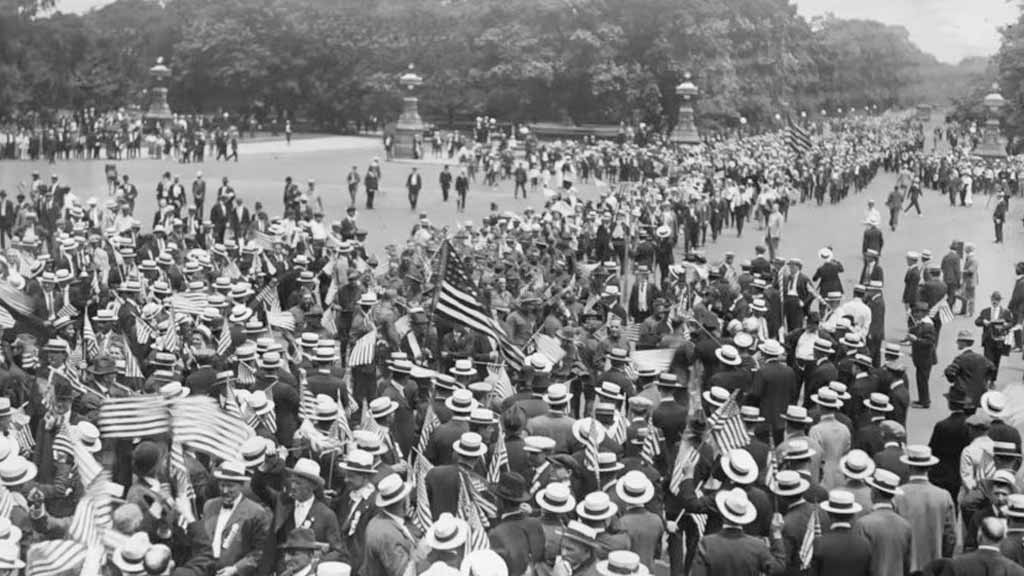
Massachusetts has a long history of temperance advocacy dating back to the colonial era.
The influence of the temperance movement, which sought to promote abstinence from alcohol, played a significant role in shaping the state’s early alcohol regulations and attitudes towards drinking.
Puritan Heritage
The Puritan settlers who founded Massachusetts in the 17th century brought with them strict moral codes and religious beliefs that viewed alcohol consumption as sinful or morally objectionable.
These Puritanical values influenced early alcohol policies in the state, laying the groundwork for subsequent regulations.
Public Health Concerns

Concerns about the public health impacts of alcohol abuse have prompted Massachusetts to enact strict regulations aimed at reducing alcohol-related harm.
Measures such as limiting the hours and locations of alcohol sales, enforcing age restrictions, and imposing penalties for drunk driving are designed to protect public safety and well-being.
Prevention of Underage Drinking

Massachusetts takes underage drinking prevention seriously, implementing stringent laws and enforcement measures to deter minors from accessing alcohol.
Regulations governing the sale and service of alcohol to minors, as well as penalties for underage drinking and possession, are intended to curb underage drinking and promote responsible behavior among young people.
Cultural Norms
Massachusetts has a strong tradition of cultural norms that prioritize moderation and responsible drinking.
The state’s residents often adhere to social customs and expectations surrounding alcohol consumption, influencing the enforcement and acceptance of strict alcohol laws.
Influence of Industry Regulations
The alcohol industry in Massachusetts is subject to strict regulations and oversight by state agencies, including the Alcoholic Beverages Control Commission (ABCC).
These regulations govern aspects such as licensing, distribution, advertising, and taxation, contributing to the overall strictness of alcohol laws in the state.
Legal Precedents and Court Decisions
Legal precedents and court decisions have also shaped Massachusetts’ alcohol laws, with rulings addressing issues such as liability for alcohol-related harm, zoning regulations for alcohol establishments, and the interpretation of existing statutes.
These legal precedents serve to reinforce and clarify the state’s regulatory framework for alcohol.
Conclusion
The history of Massachusetts’ Blue Laws is a testament to the state’s unique blend of religious fervor and legal regulation.
While many of these laws have been repealed or modified over time, their legacy continues to shape Massachusetts’ cultural and legal landscape.
Massachusetts’ Blue Laws were enforced through a combination of religious authorities, local officials, and community vigilance.
Violators could face fines, public censure, or other penalties for disobeying the laws, with enforcement often varying depending on the attitudes and priorities of local communities.
By exploring the origins, evolution, and impact of Blue Laws, we gain a deeper understanding of Massachusetts’ history and the enduring legacy of Puritanism in shaping societal norms and values in the state.
Jaclyn Lowe